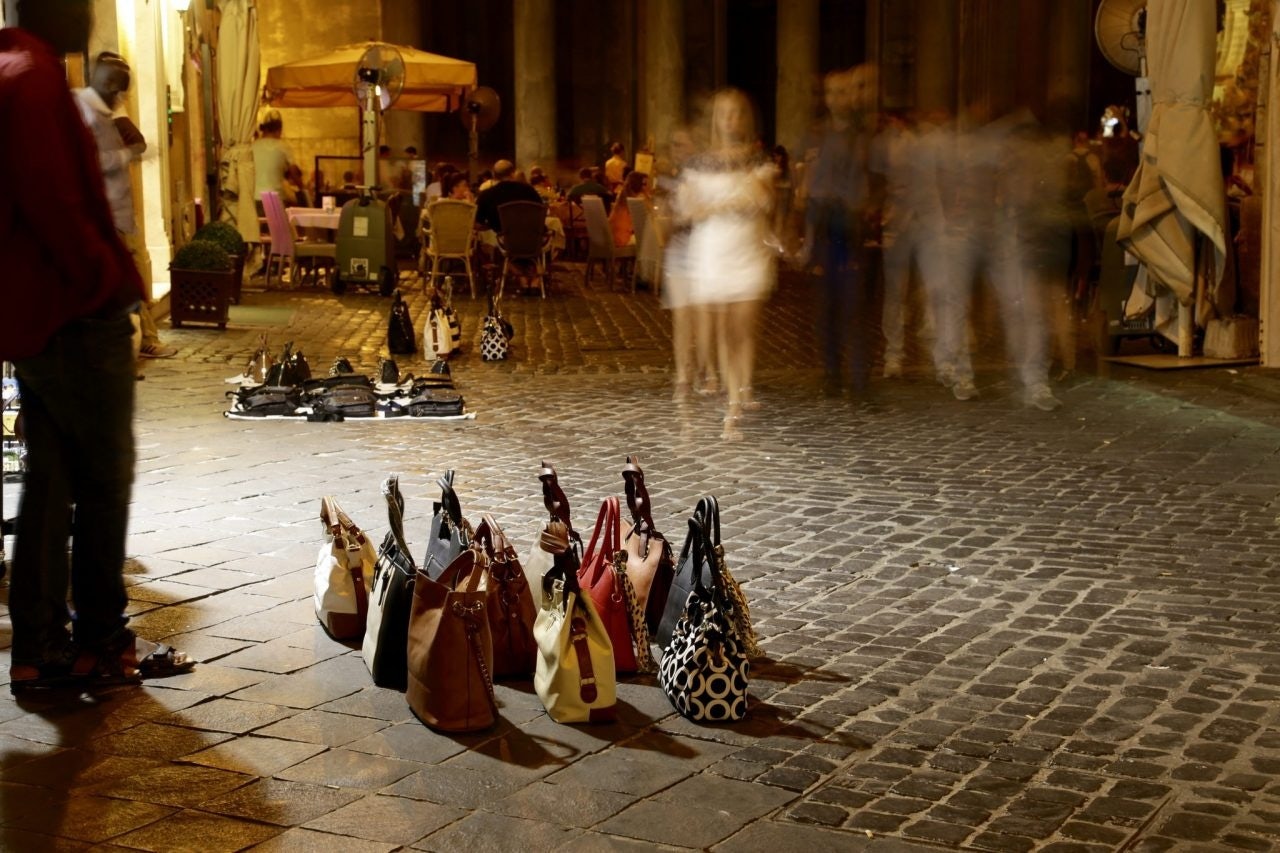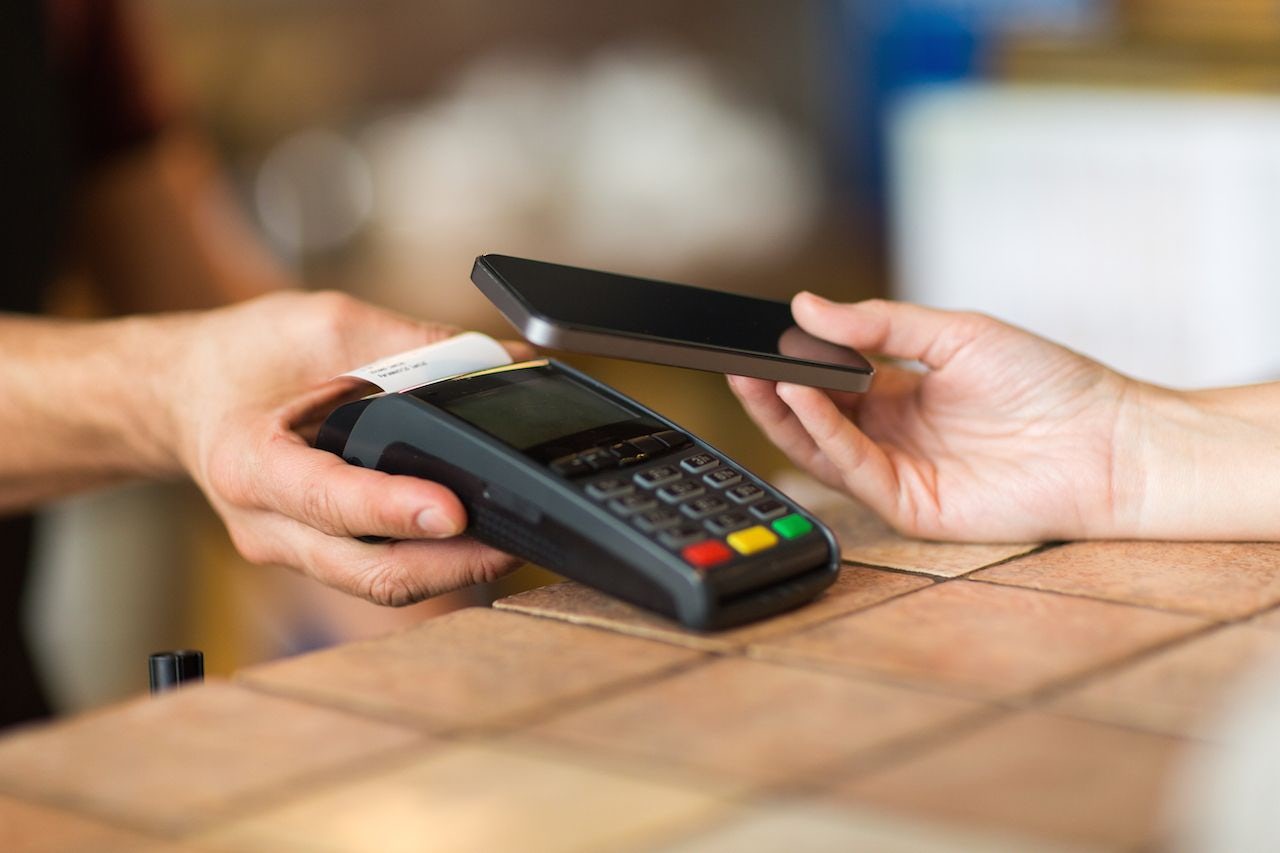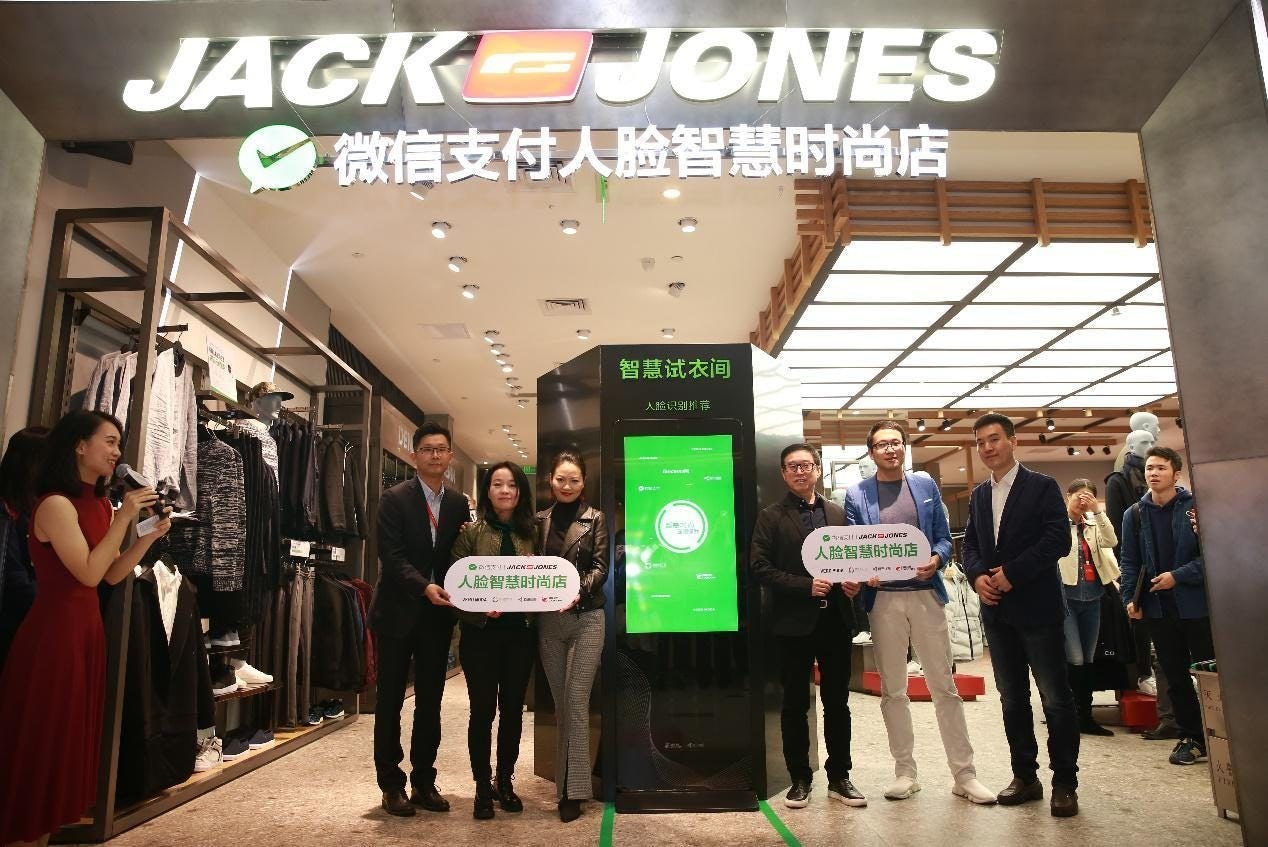Editor’s note:#
Bitcoin has lost more than half its value since its all time high in late December, and the total cryptocurrency market — including coins such as Neo, Qtum, Walton and VeChain, whose values skyrocketed on the promise of adoption in China — has fallen just as far. Nevertheless, many remain optimistic about the potential for blockchain technology, which underpins these currencies, to revolutionize industries, including luxury.
Growing media coverage about environmental and social issues has raised Chinese consumers’ awareness of how luxury items are made. Product traceability is only one purchasing criteria among others, but it is set to become increasingly decisive in the shopper’s final decision.
A few luxury leaders have already initiated efforts to address this consumer need. Last year, French luxury group Kering launched a WeChat mini program helping users calculate the environmental impact of the products they have purchased. This is a pioneering step, but such initiatives still compel consumers to trust the limited information that brands are willing to share with them.
Blockchain technology could help brands be more transparent than ever, reassuring consumers that they are getting the real thing, and that it was made as promised.
Writing on Medium, journalist Nicky Woolf defines blockchain as “a new way of storing and moving data, where instead of being held all in one place, the information is atomized and spread over thousands of nodes across a network, all locked together with clever cryptography”.
The information becomes accessible anytime, from anywhere, by anyone, but can’t be edited. Each stakeholder (or consumer) involved in a transaction can verify the information on his or her own, instead of trusting a third party.
JD.com is one of the first big players involved in the Chinese luxury industry to jump on the blockchain bandwagon. The platform just announced that it will use the technology for its supply chain. Clients will be able to check where the components of a product come from, as well as “the place and time of processing, storage and delivery”.
In this case, the technology is mainly used to improve the customer’s purchasing experience. However, blockchain is expected to help brands with even more critical problems, such as production processes and product ownership.
This could be particularly valuable for the hard luxury and art business fields where millions of RMB are often involved, and counterfeiting can be sophisticated and rampant.
In this case, blockchain gives consumers access to the life story of a particular piece, finding out, for instance, if a specific gemstone is genuine and doesn’t come from a conflict zone. De Beers is the first high-end jewelry brand to use blockchain for this purpose, with the aim of tracking every single gem transaction from extraction to sale.
For companies that embrace the technology, blockchain is an opportunity to clearly signal that they are willing to establish a closer and more transparent relationship with their consumers. And knockoffs will not be able to compete with luxury items that are made from quality materials using real workmanship in a sustainable way.
For consumers, blockchain will bring back a balance between tangible qualities (price, quality, and the social and environmental conditions of production) with intangible elements (brand heritage, design and storytelling).
For this reason, blockchain is expected to significantly challenge the way brands communicate with their audience. While today’s campaigns mostly rely on strong storytelling, blockchain may force brands to focus on their products.
Rémi Blanchard is the Strategic Planning Manager at Mazarine Asia Pacific, a communications strategy agency that works with luxury brands all over Asia.


